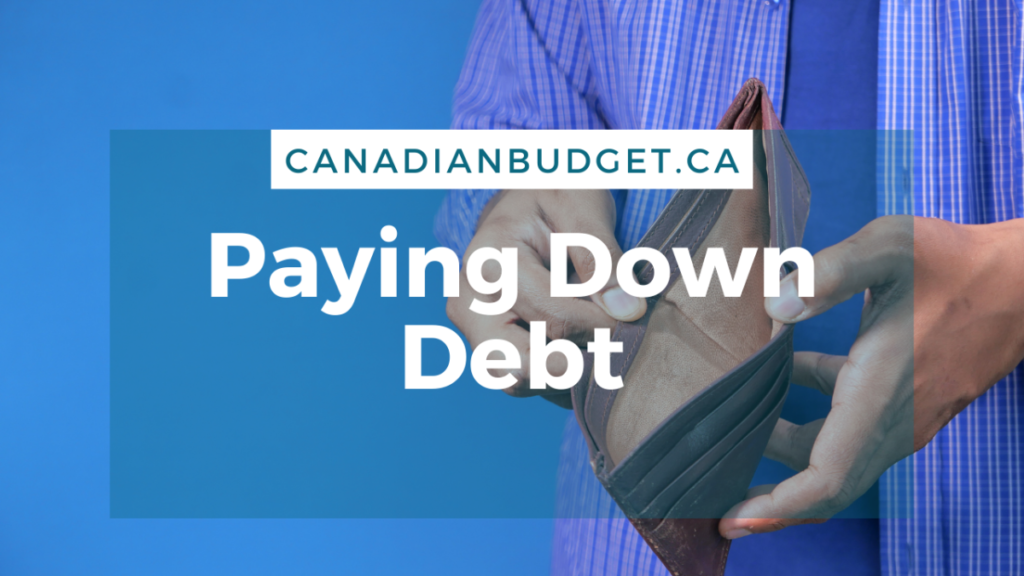For most of my early adult life I was focused on aggressively paying down my student loans. Looking back this probably was not the best approach to take. Could I do it again, I would have invested more into savings earlier. But c’est la vie. You can learn from my mistakes!
Many of us have various sources of debt.
Car loans, Credit card(s), student loans, mortgages. It’s almost inevitable that we will have some sort of debt. But, getting a handle on your consumer debt is one of the best things you can do to set yourself up for financial success. It can also help you improve your credit score!
If you followed my previous posts and have calculated your net worth, you should have a clear picture on where you stand with your debt. An additional item to write down next to each debt is the interest rate you are paying on each one.
There are a few main approaches to destroying your debt, but regardless, you need to be paying the minimum payments on each debt your have each month. This is non-negotiable!
Once have your minimum monthly payments covered in your budget each month, you can choose which strategy you want to utilize:
- Snowball Method: Pay off the smallest debt first, and move on to the next smallest and so on.
- Avalanche: Pay off the debt with the highest Interest rate first and then the second highest and so on.
- Annoyance level method: Attach the one that bothers you the most first ,then choose a strategy above.
Learning more about Debt Snowball vs. Debt Avalanche can help you get organized and start destroying your debt. How aggressive you want to get is up to you, but it’s always a good idea to keep some money to do a small bit of saving or investing at the same time to take advantage of compound interest that builds on your savings over time.
For more content like this, head to the Savings and Debt section of the blog.
More from the blog...
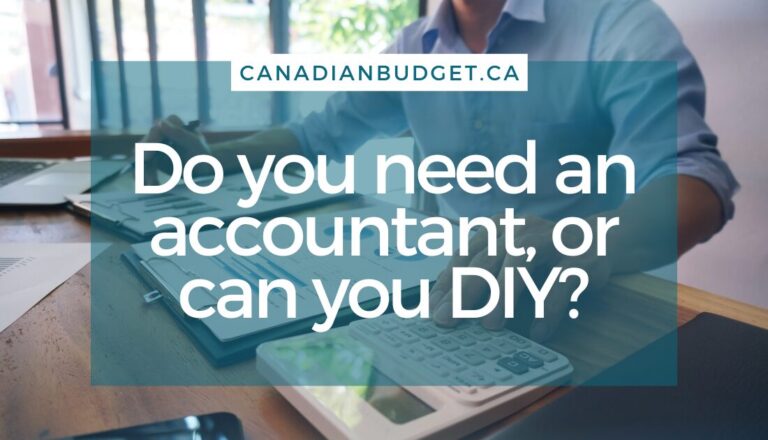
Do You Need an Accountant…
Guest Post by Karan Sachdeva of MultiTaxServices Doing taxes in Canada Money management often feels like one of those “I’ll...
Read More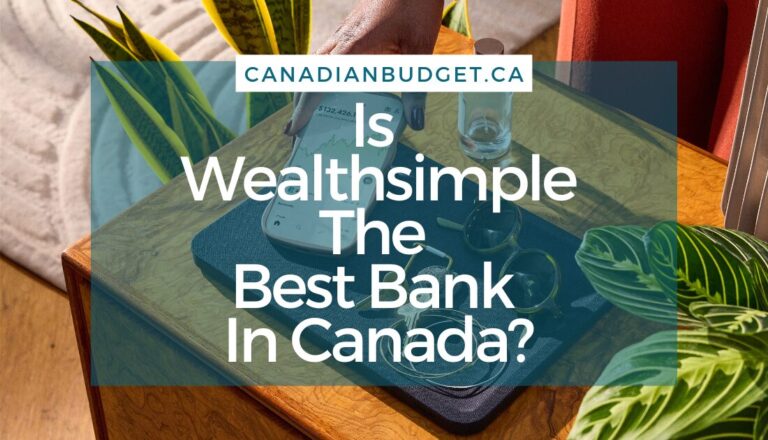
Why Wealthsimple Could Be the…
Wealthsimple Banking Review 2025: Best No-Fee Bank in Canada
Read More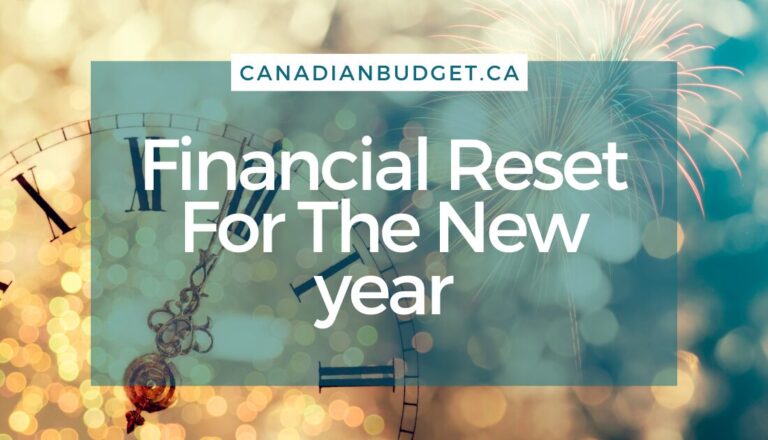
Financial Reset For The New…
How to Do a Financial Reset for the New YearAs the new year begins, it's the perfect time to take...
Read More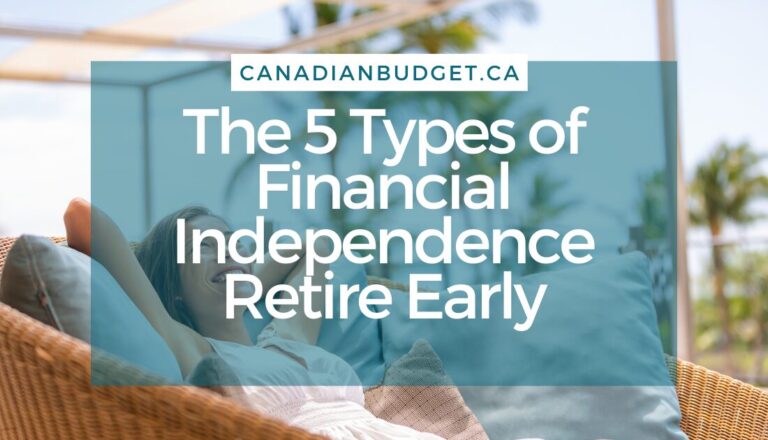
The 5 Types of Financial…
Starting your journey towards Financial Independence Retire Early (FI/RE) in Canada opens up possibilities for those eager to take control...
Read More
In a Public Sector role?…
Public sector roles, including those in schools and hospitals, make up approximately 21% of employment in Canada. That includes teachers...
Read More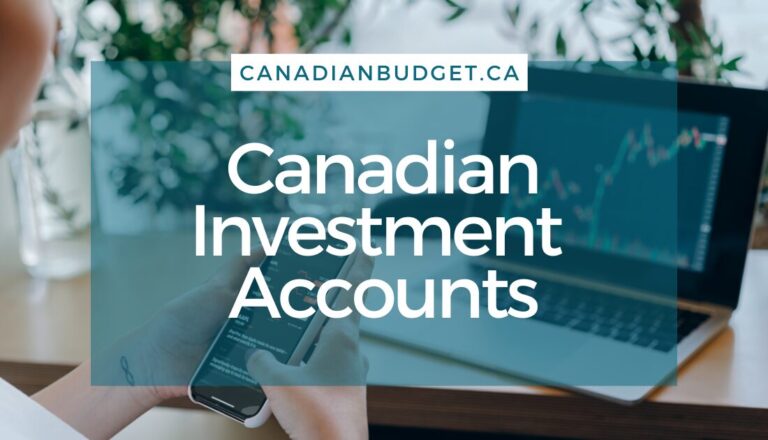
8 Canadian Investment Accounts To…
If you are new to investing, you might be wondering what the Canadian investment accounts are available, and which is...
Read More
What Are Canadian Real Estate…
Canadian Real Estate Investment Trusts: What They Are and Should You Invest? Canadians have heard owning property was the path...
Read More
6 Ways Fixing Credit Scores…
Struggling with debt can significantly impact your financial well-being, especially if your credit score suffers. Fixing credit scores is important...
Read More
The Paying Yourself First Method
Taking control of your financial future starts with a simple yet powerful concept: paying yourself first. Shifting your money mindset...
Read More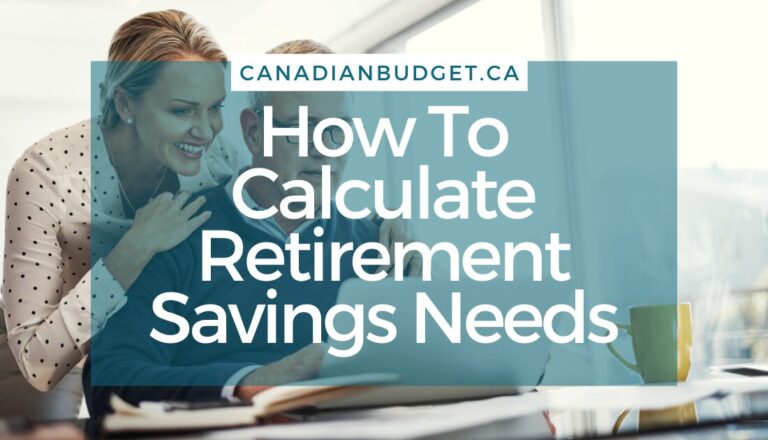
How to Calculate Retirement Savings…
When is a good time to calculate retirement savings needs? When retirement may be decades away it’s hard to think...
Read MoreAbout The Author
Table of Contents
ToggleJessica Morgan
Jessica Morgan is the founder and CEO of Canadianbudget.ca. She is passionate about personal finance and helping Canadians improve their financial literacy by providing more Canadian focused financial content. A millennial mom of one, she has a burning obsession with all things personal finance.
Jessica has a BA in East Asian Studies from York University and a Masters in Business Administration from Toronto Metropolitan University. She is a career public sector employee with a Hybrid Pension, and an advocate for Canadian women to improve their personal finance knowledge.

